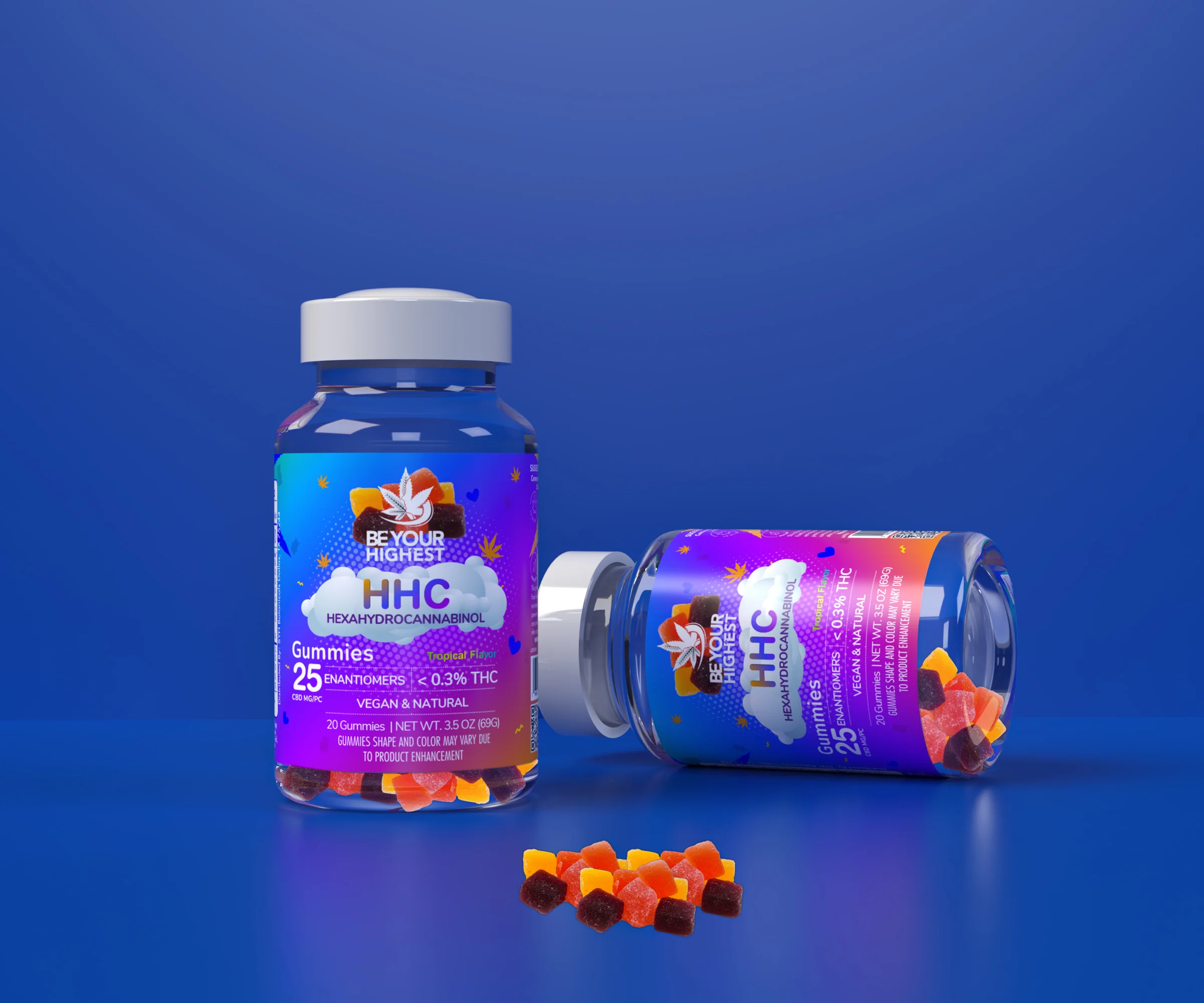People & Lifestyle
HHC: Its Origins, Effects, and Benefits

Until recently, most people knew about just one or two of the cannabinoids found in hemp and marijuana. Ongoing research into the chemical composition of the plant has been yielding interesting results, though, and now, alternatives to both the psychotropic THC and the therapeutic CBD molecules are being extracted and used in the health and wellness community. This article will focus on one of the last cannabinoids to hit the scene, known as HHC.
What Is HHC?
HHC, short for hexahydrocannabinol, is the most stable form of the better-known cannabinoid THC. The molecule is derived from the hydrogenation of THC, which makes it resistant to not just oxidation but also heat and light. Also unlike undoctored THC, hhc distillate theoretically does not show up on drug tests and is still legal in all 50 states.
How HHC Is Made
Technically, HHC is a naturally occurring molecule that occurs in hemp, but it’s only available in trace concentrations. The HHC used to craft distillates and other commercial products is made using a sophisticated process that transforms THC into HHC by saturating it with hydrogen atoms under high pressure, then introducing a catalyst like palladium or nickel to force a chemical reaction.
What Makes HHC Different?
The distillation process breaks THC’s double-bonded chemical structure and replaces one molecule with hydrogen, which technically creates a new substance. However, its general effects and potency are essentially unchanged.
While the effects and potency of HHC and traditional THC are similar, there are some crucial changes that people may want to know about. First, there are ten or more isomers of the hydrogenated form of THC. In addition to improving the stability of the cannabinoid, the hydrogenation process also increases its binding affinity for multiple receptors in the brain. More specifically, HHC has a greater affinity for not only CB1 and CB2 endocannabinoid receptors but also TRP pain receptors.
Effects of HHC
The effects of HHC are very similar to those of other THC isomers. HHC is known to produce altered visual and auditory perception, for example. However, most users describe its effects as relaxing rather than stimulating. Because of how recently it was discovered, there have yet to be any reliable studies of whether HHC confers the same therapeutic benefits as its unaltered cousin.
The Benefits of HHC
Most of the evidence of the benefits of HHC is anecdotal so far because the only high-quality, peer-reviewed studies of its effects have taken place in rats, not people. However, current users often cite these benefits, among others:
- Relaxation
Euphoria
Anxiety relief
Cerebral intoxication
Improved sleep
Alleviation of nausea
Reduced inflammation
HHC is about 80% as potent as the better-known delta-9-THC, so it makes sense that it has many of the same effects. As another collateral benefit, HHC does not show up on standard drug tests because it doesn’t metabolize into 11-hydroxy-THC or other known THC metabolites in the body. However, there is no definitive evidence yet that HHC is completely undetectable.
The Importance of Quality
As with any natural supplement, HHC is not regulated by any government body. That means it’s up to buyers to determine which companies to trust. Look for a supplier that performs lab testing to ensure not just potency but also safety and offers guarantees of quality. Vendors should sell products made in facilities that follow Current Good Manufacturing Practices (CGMPs).


















